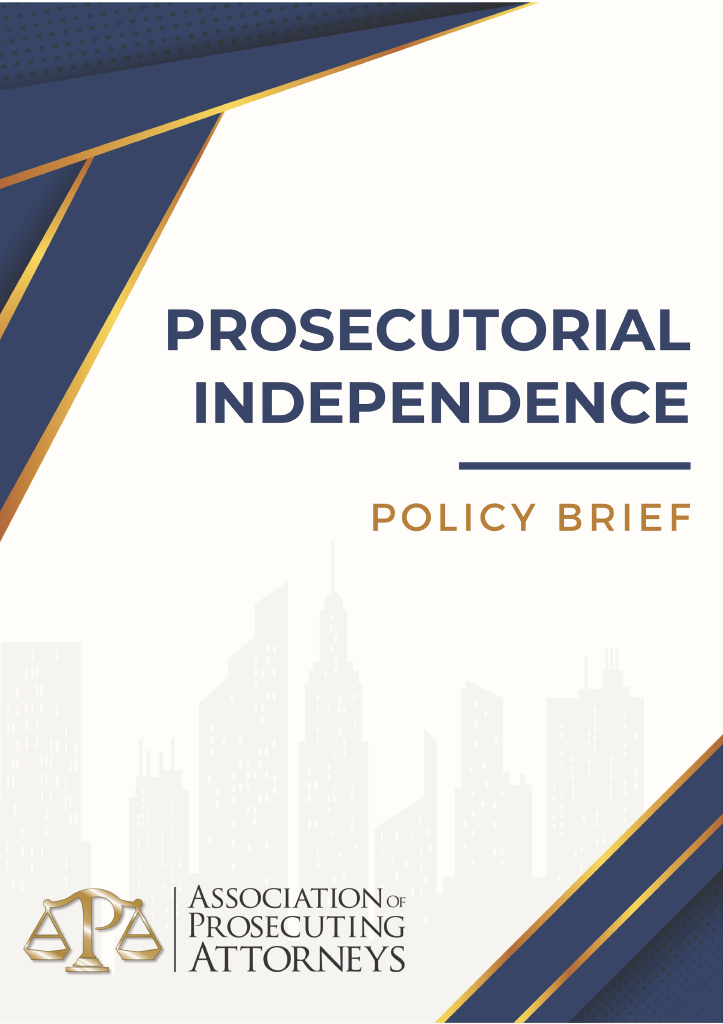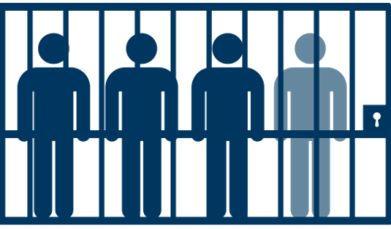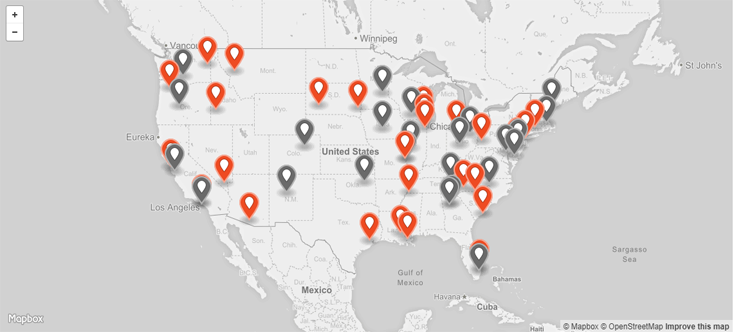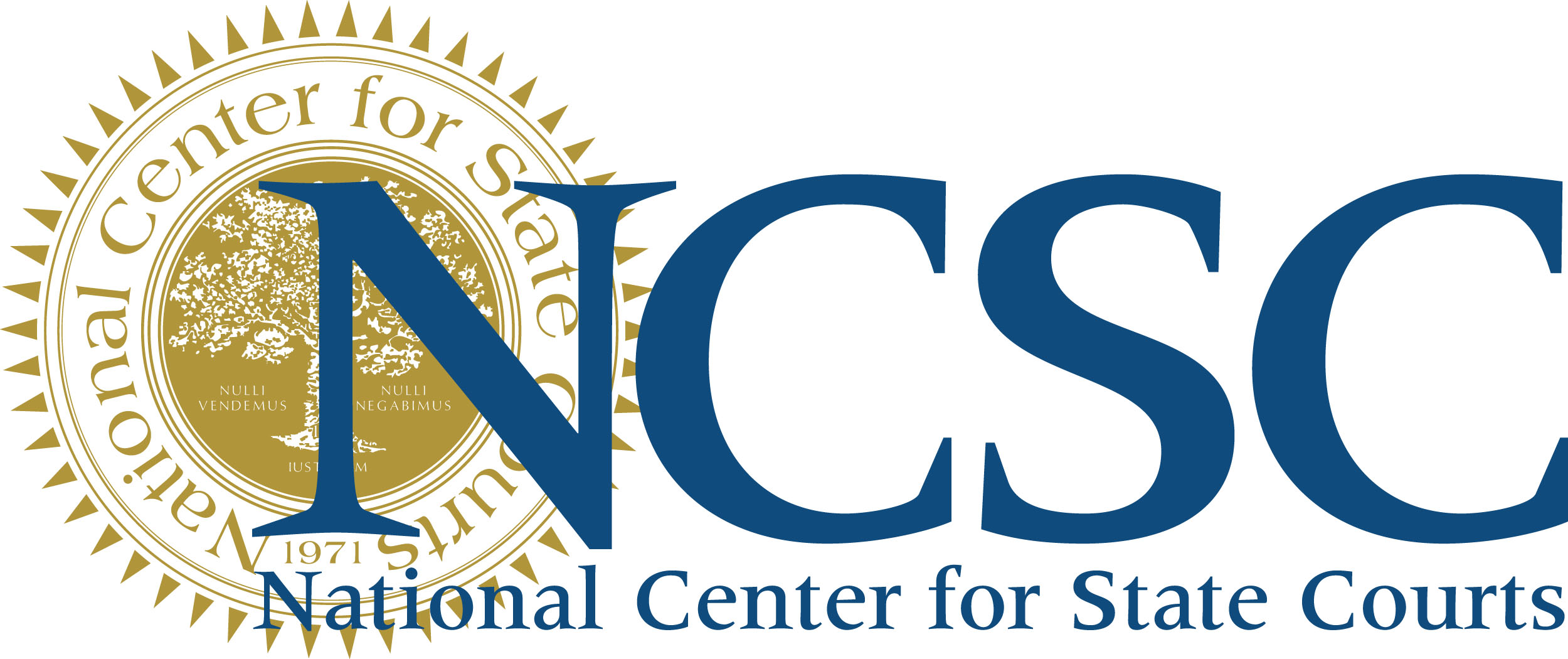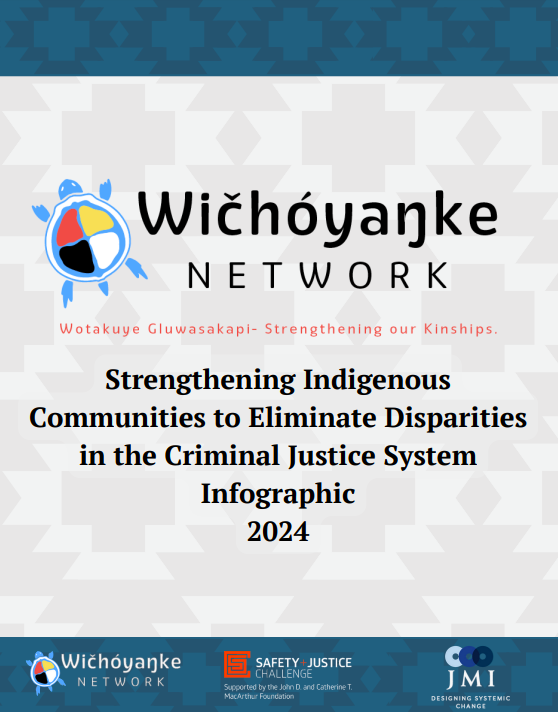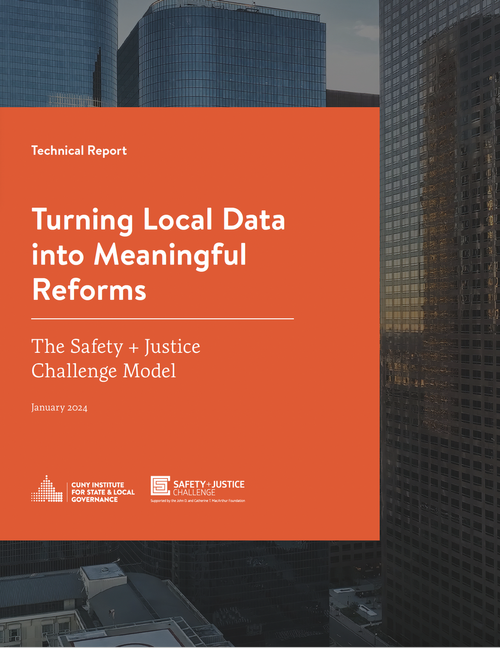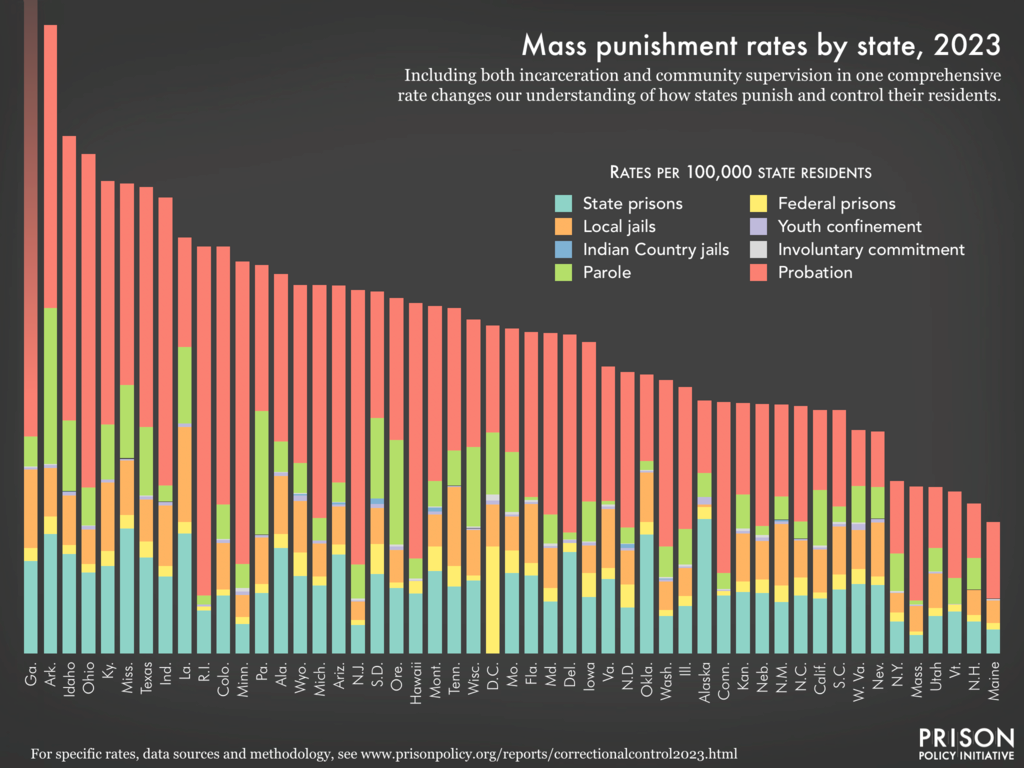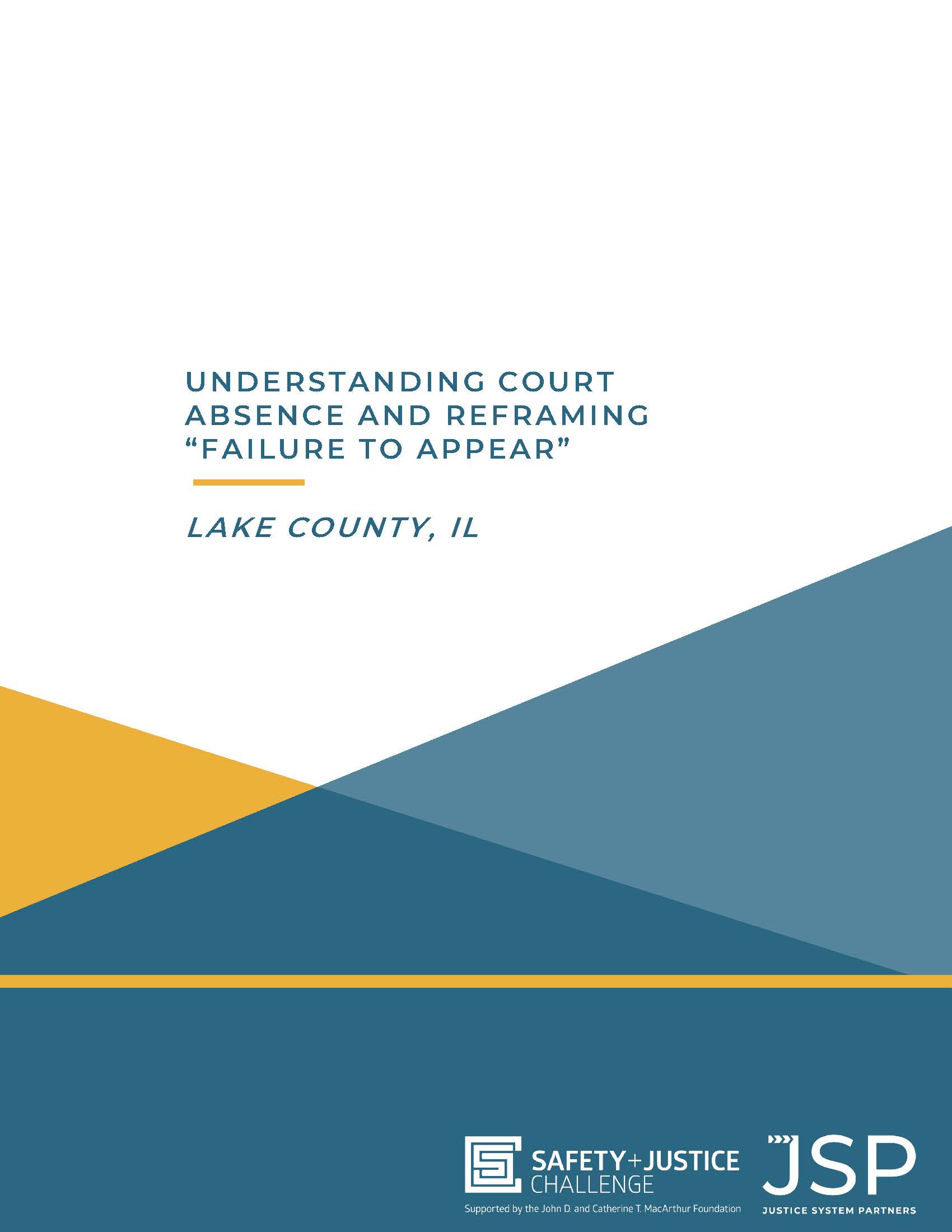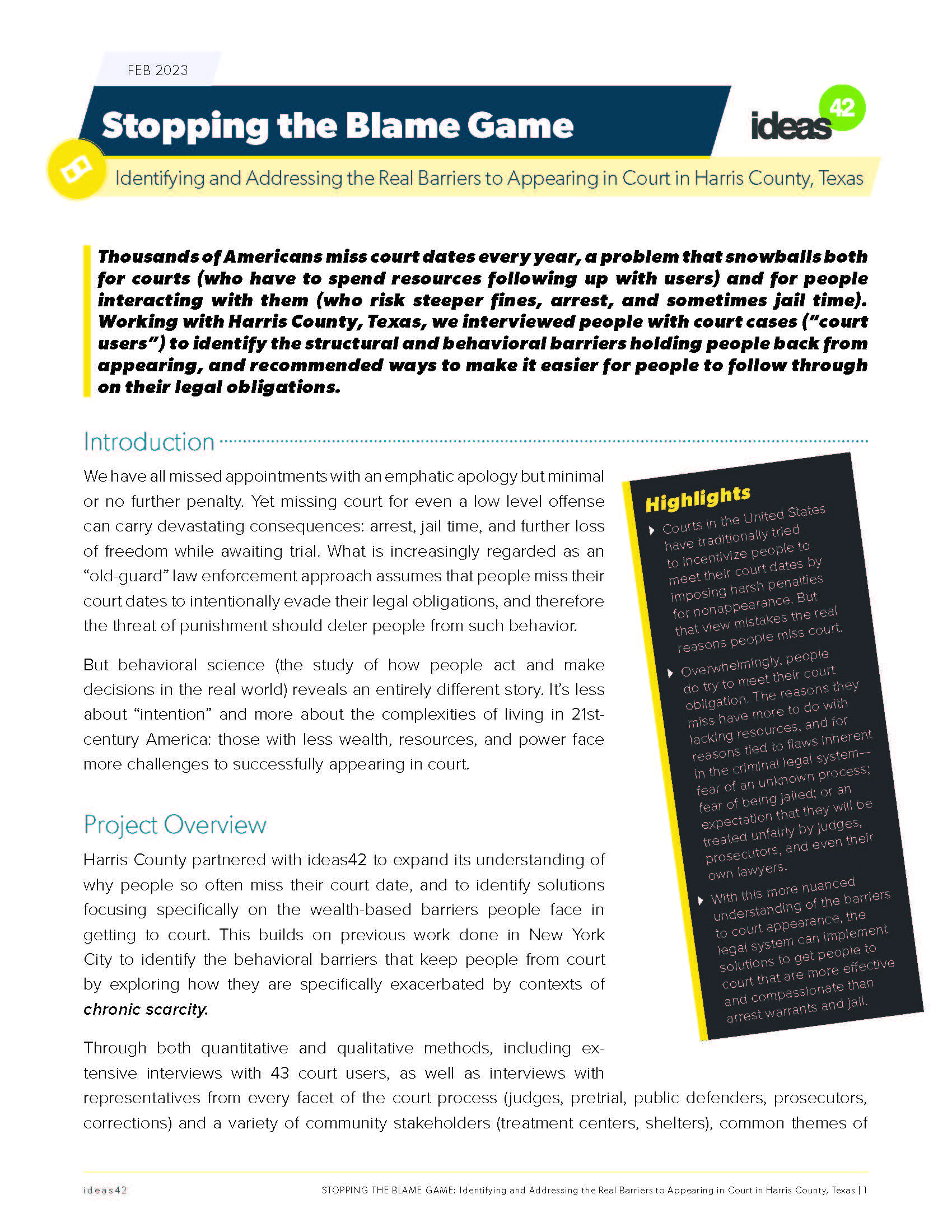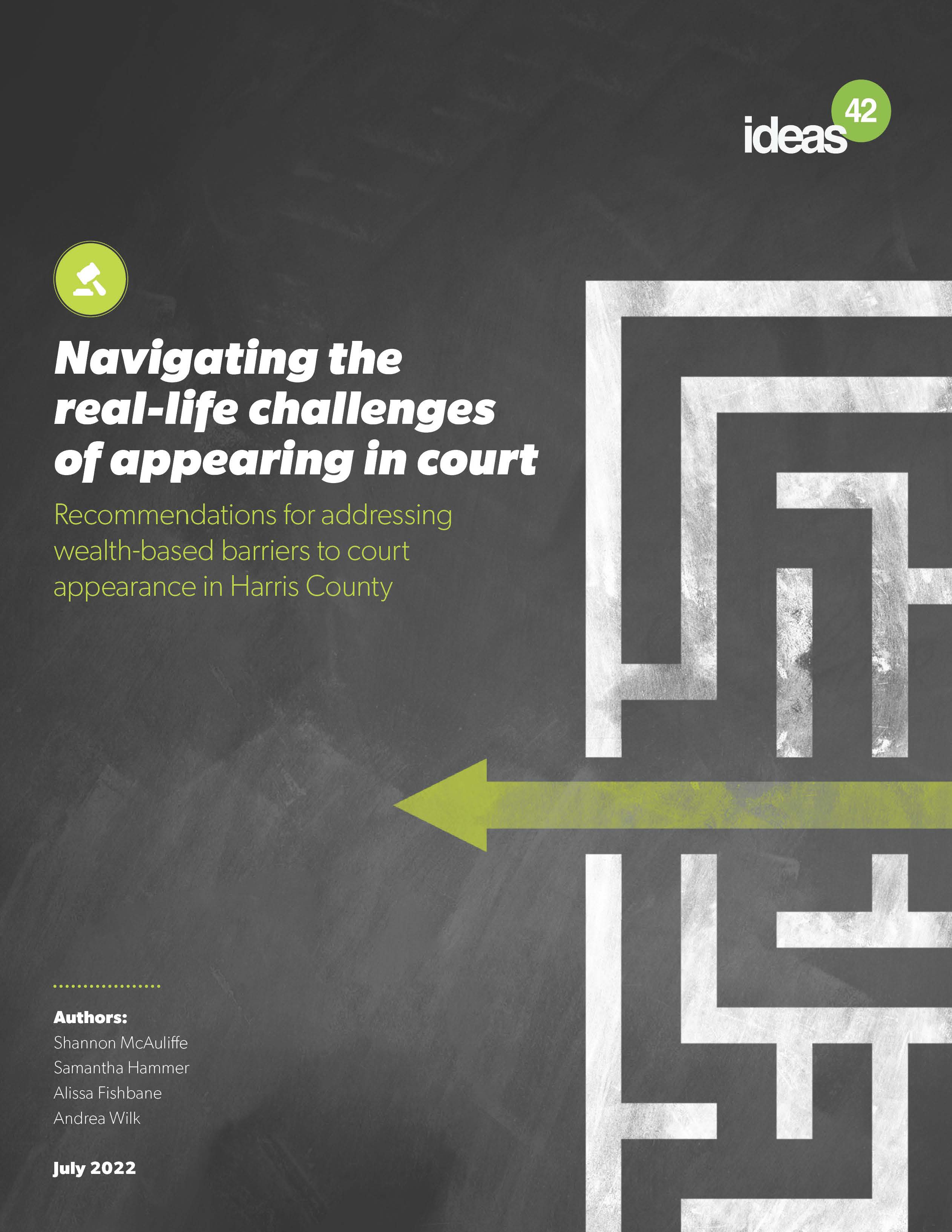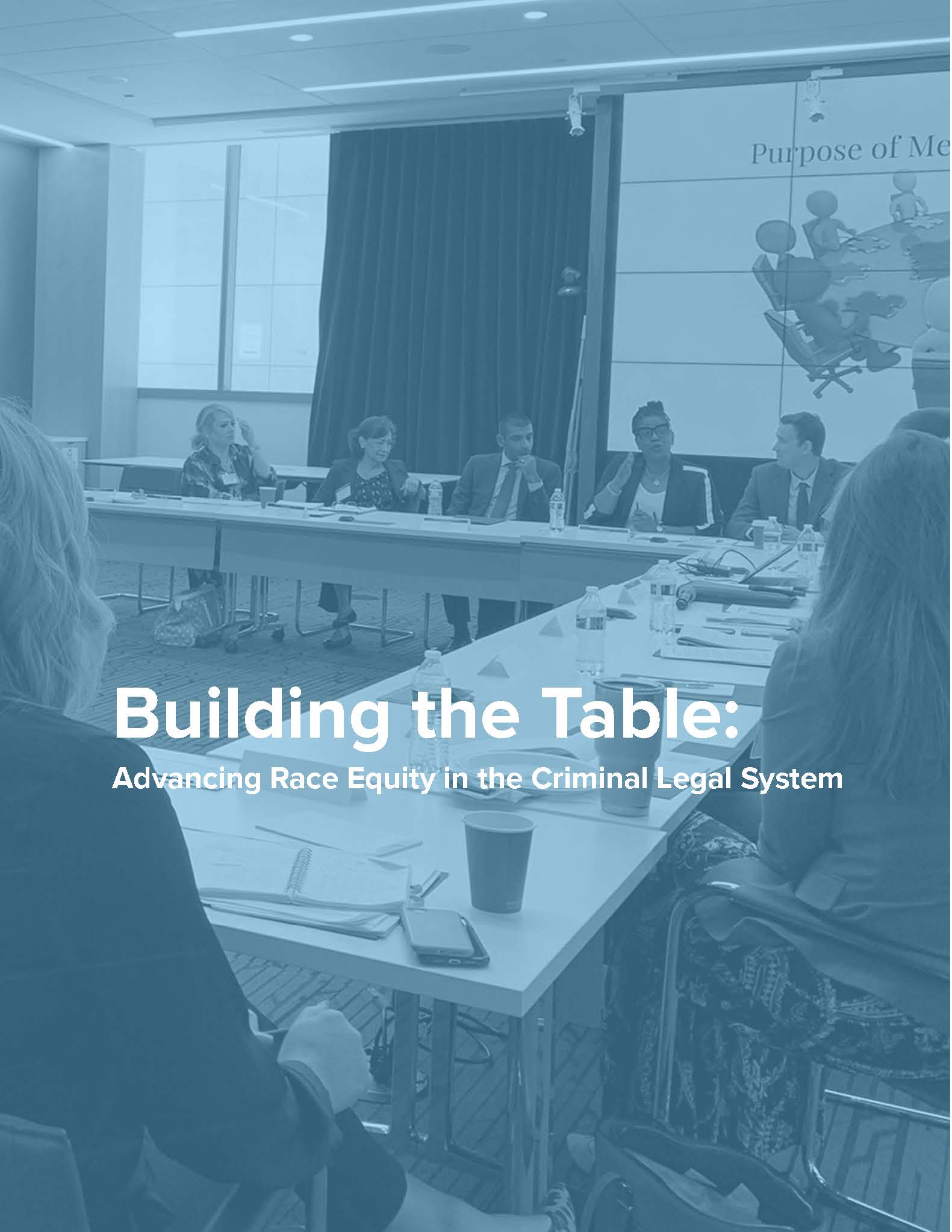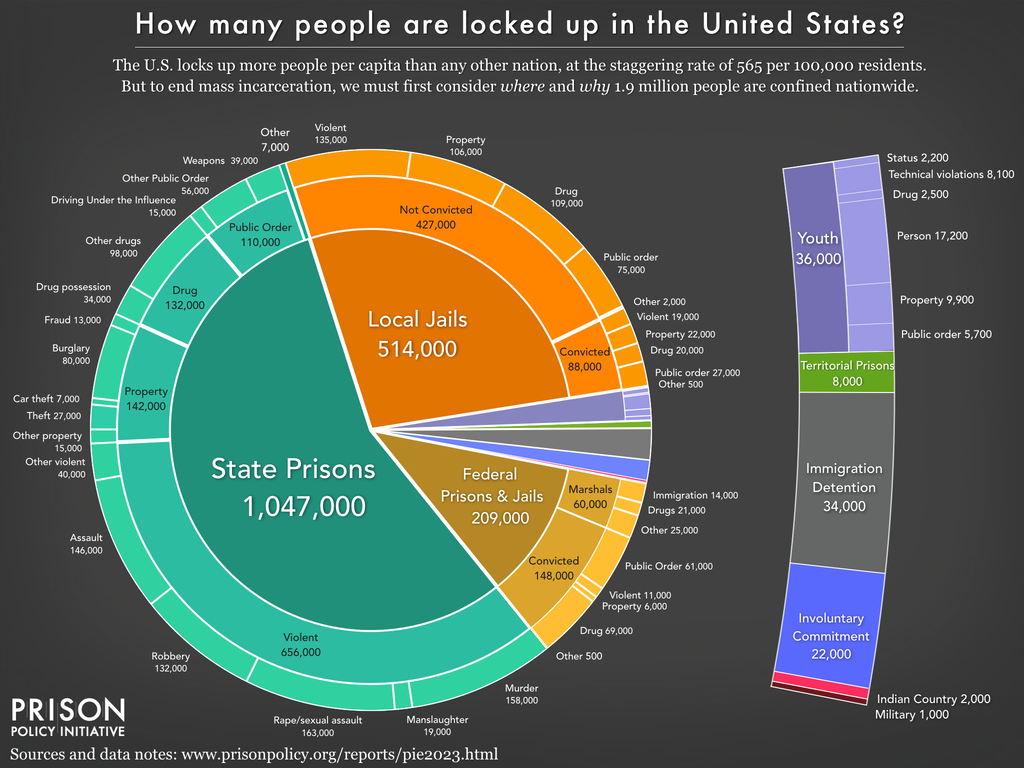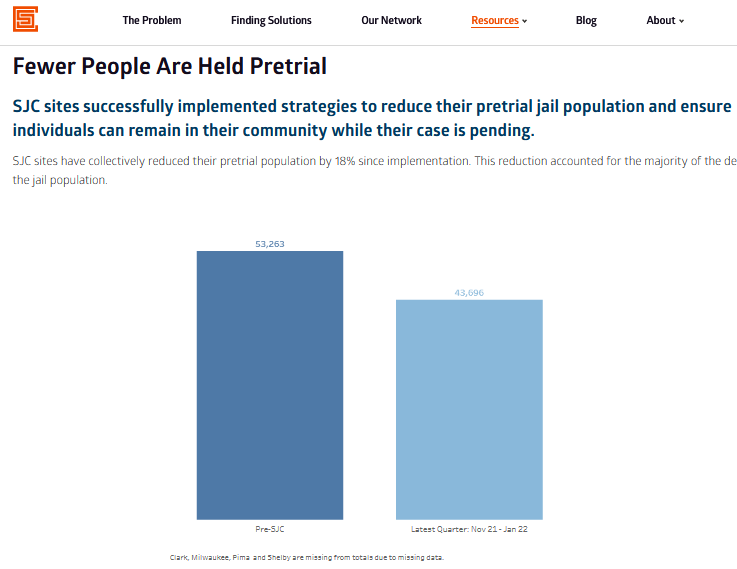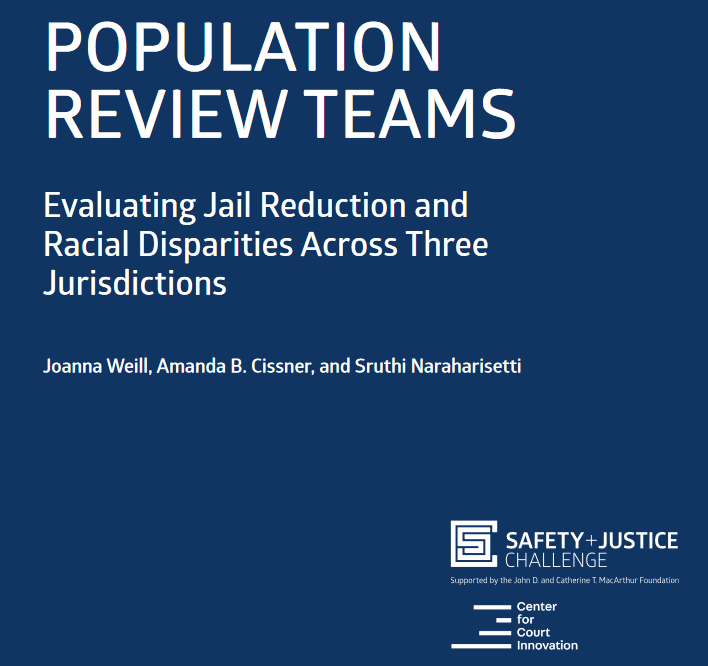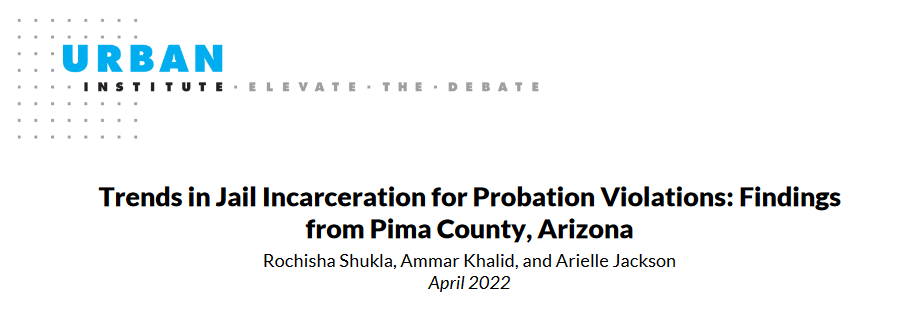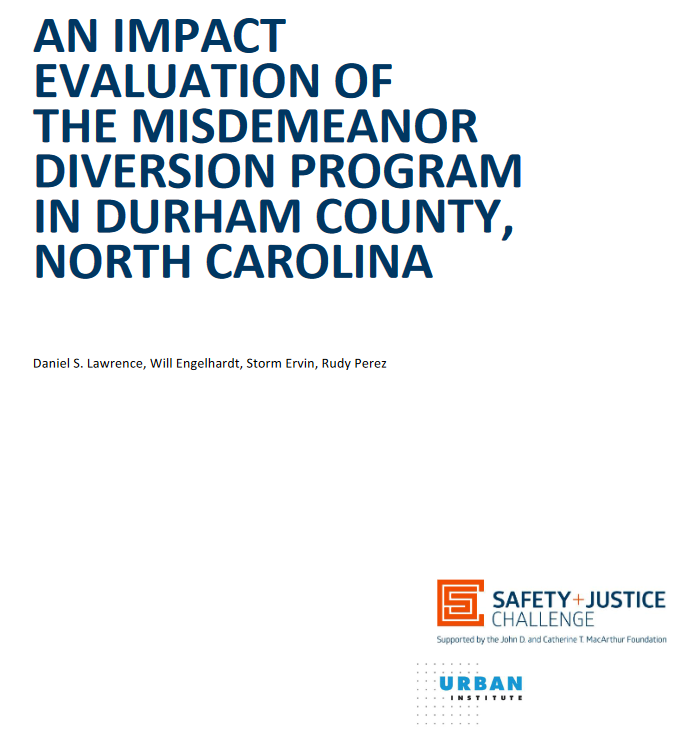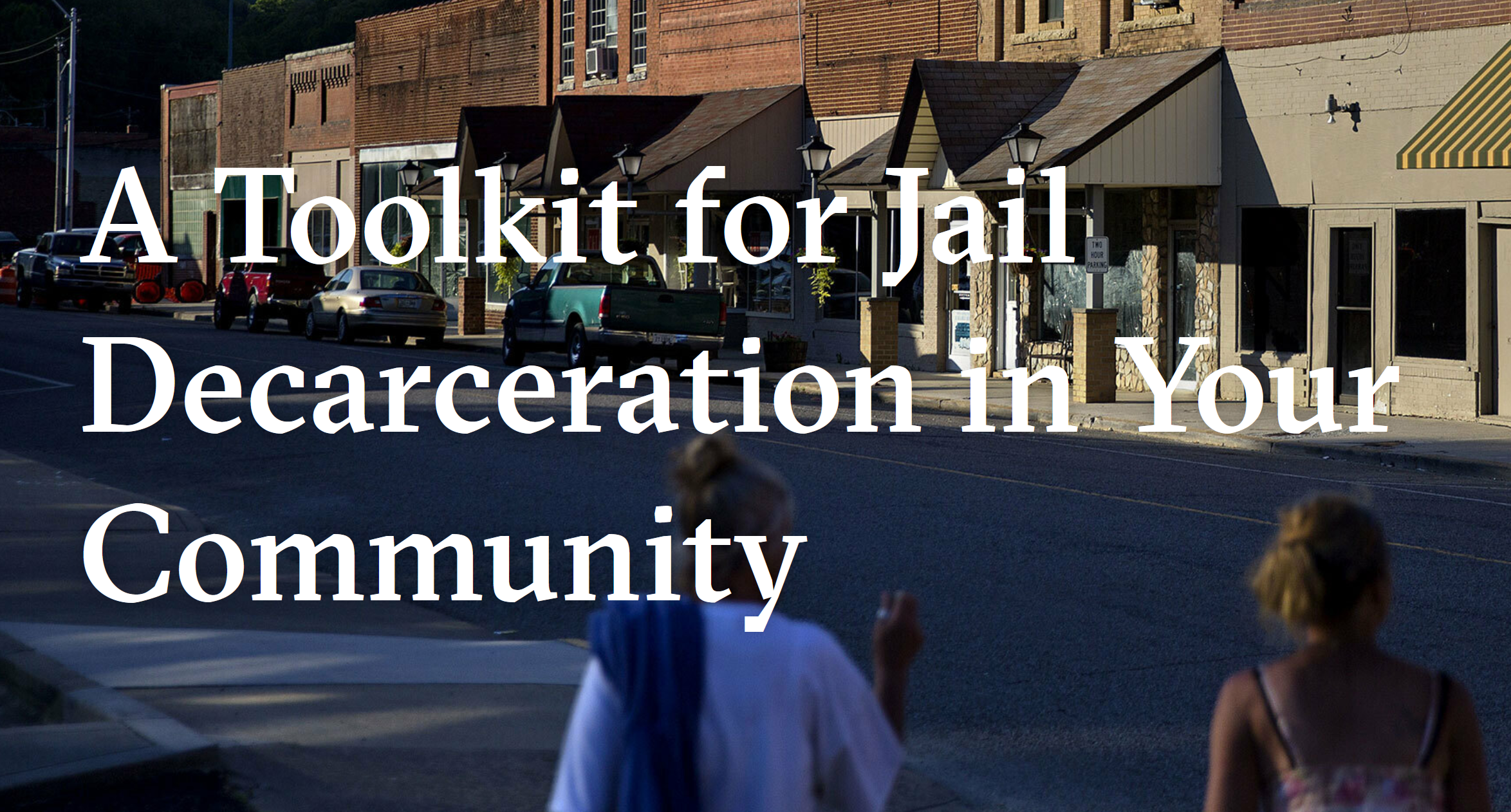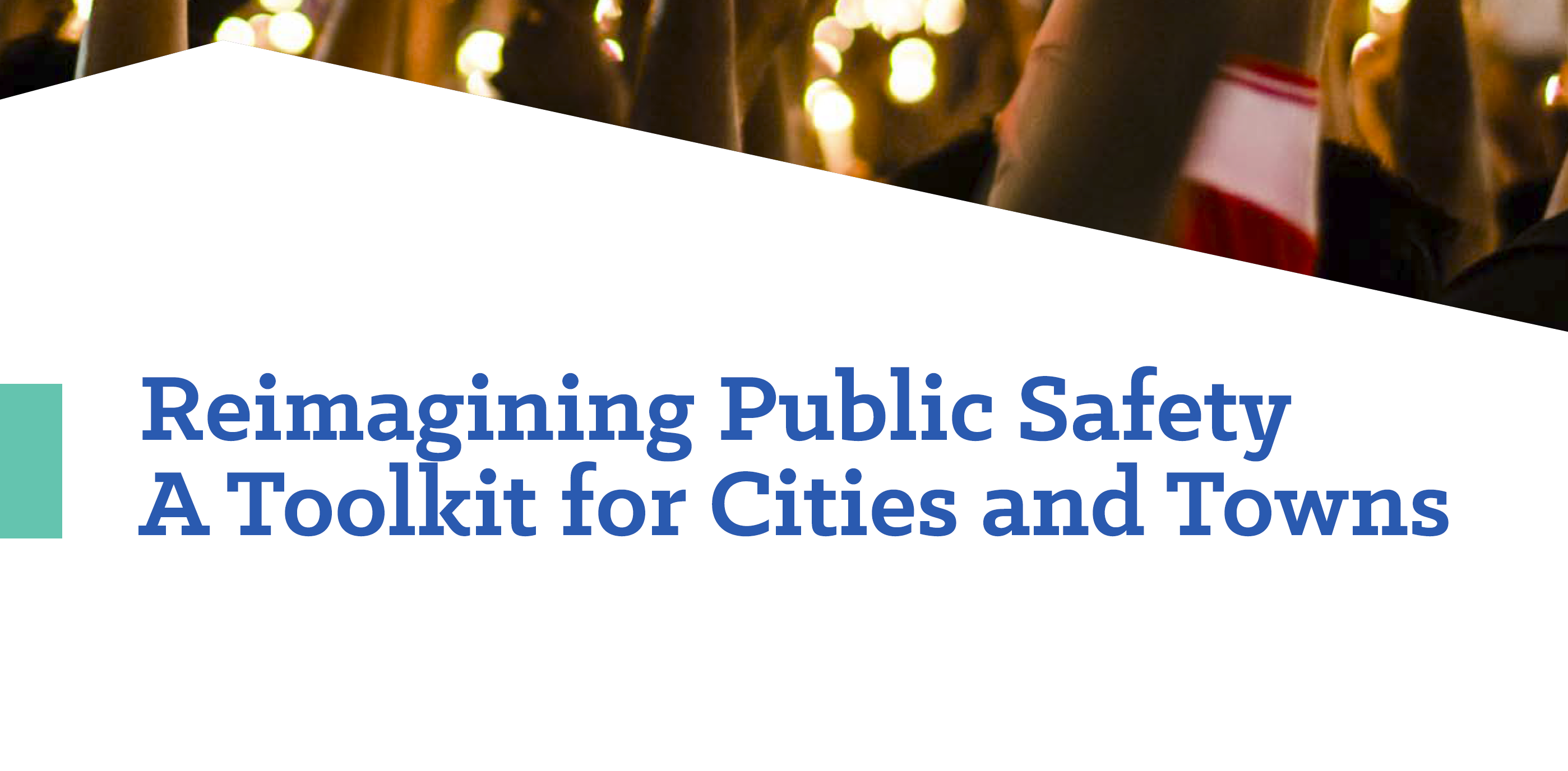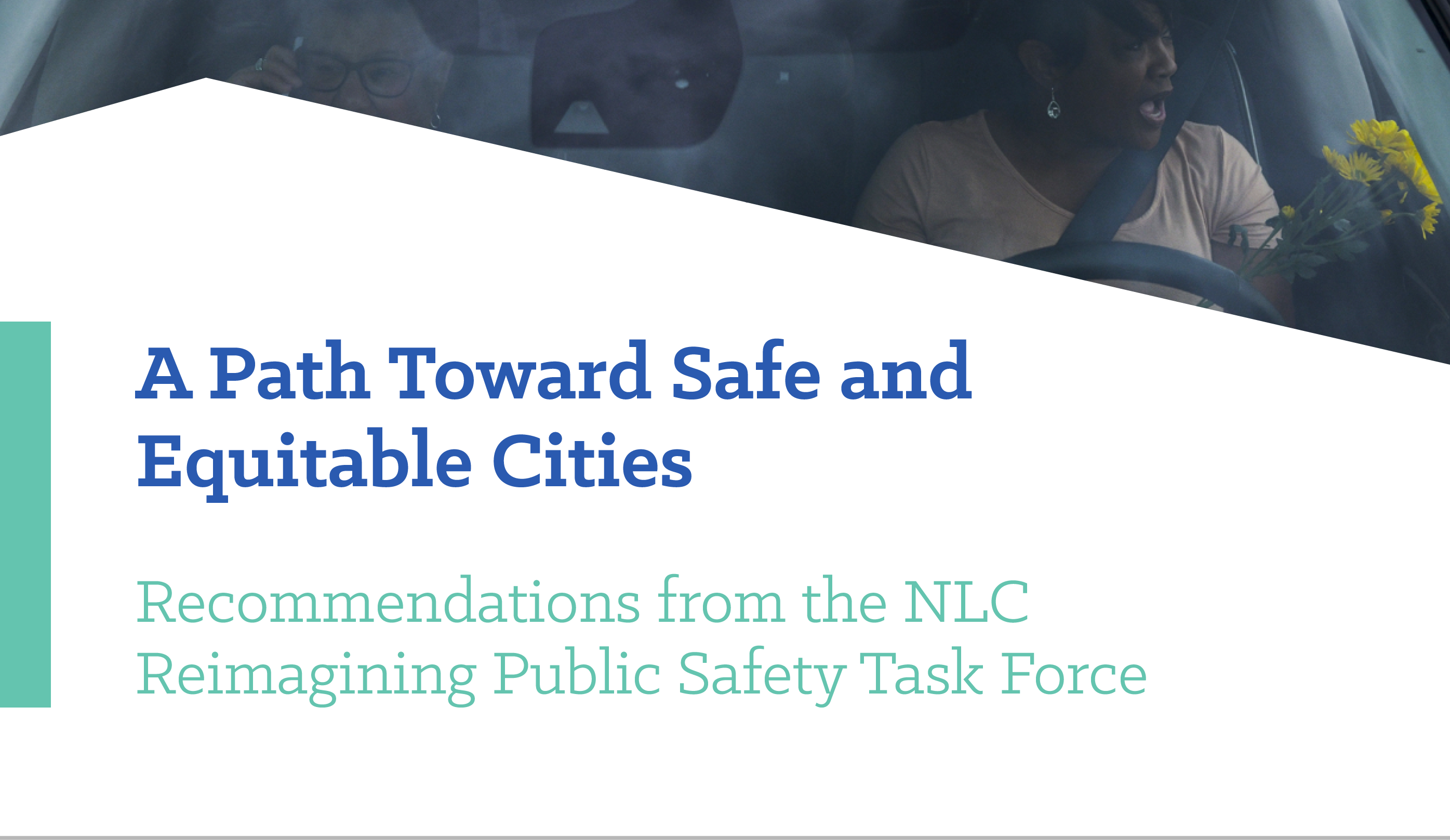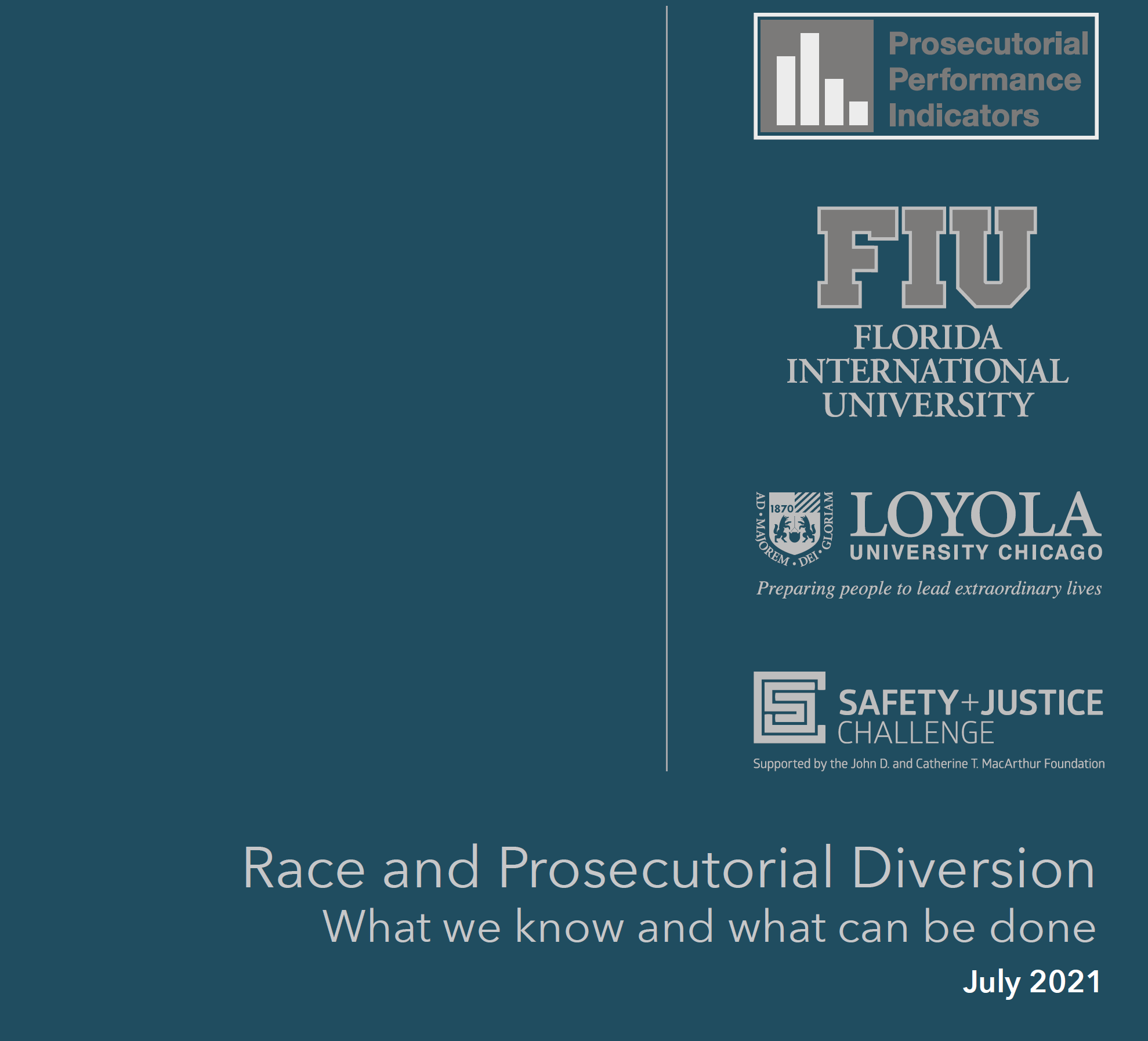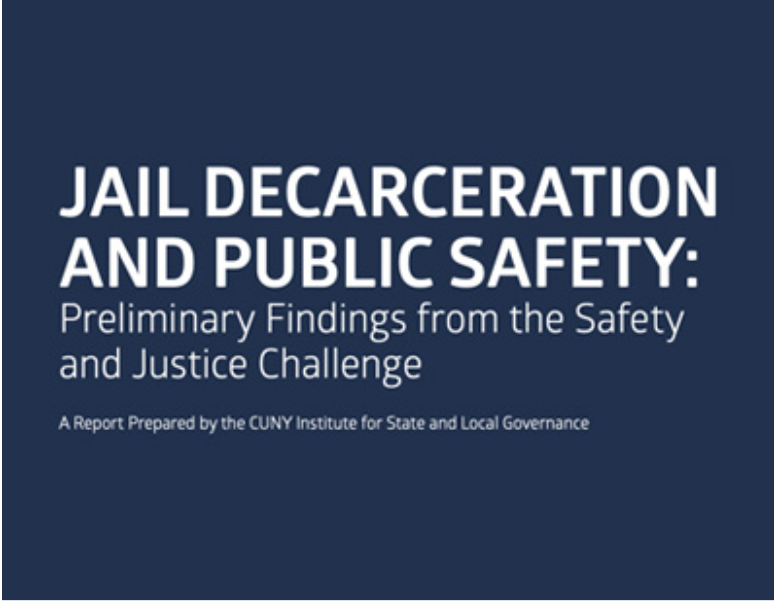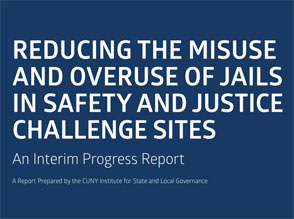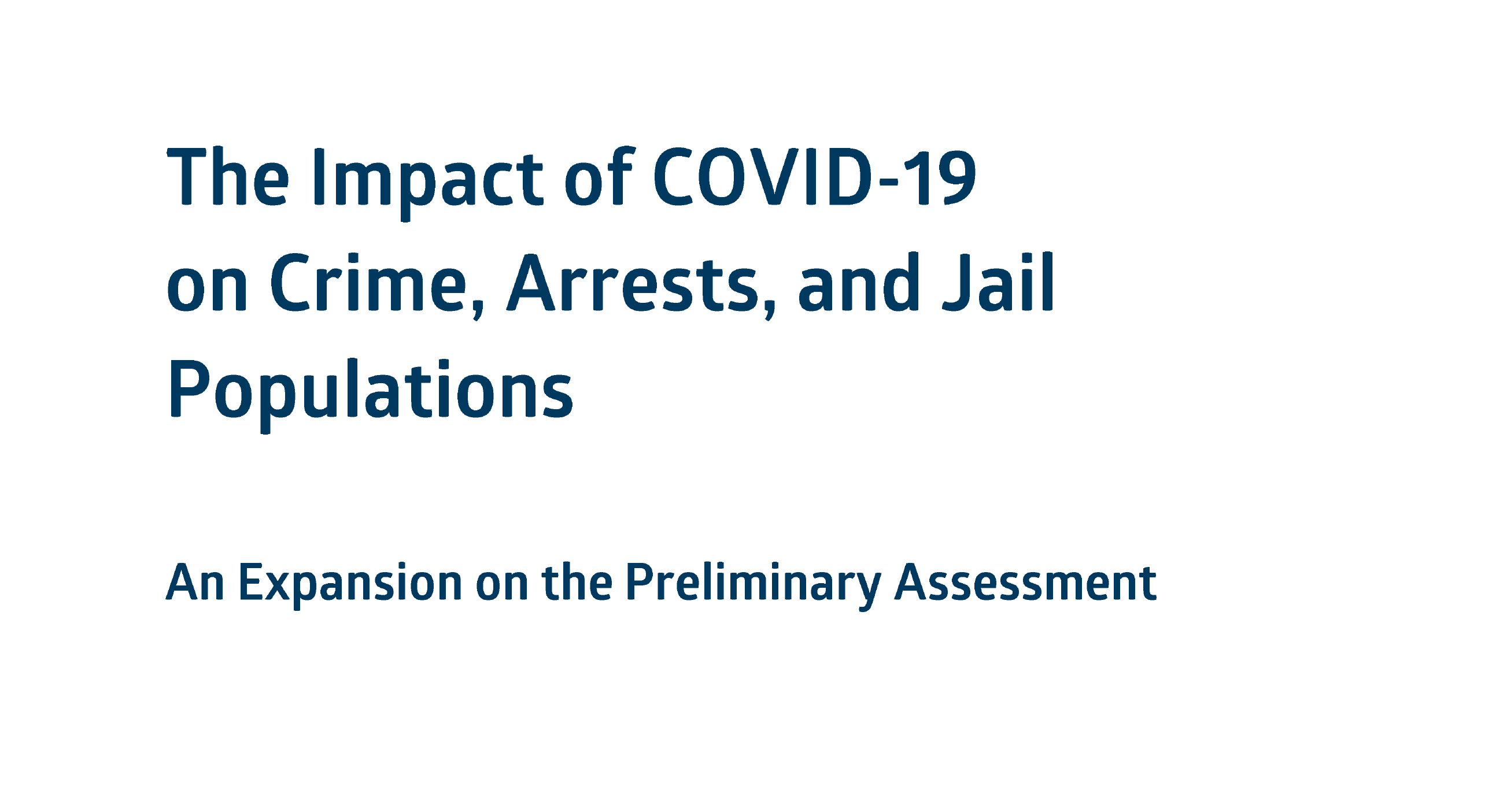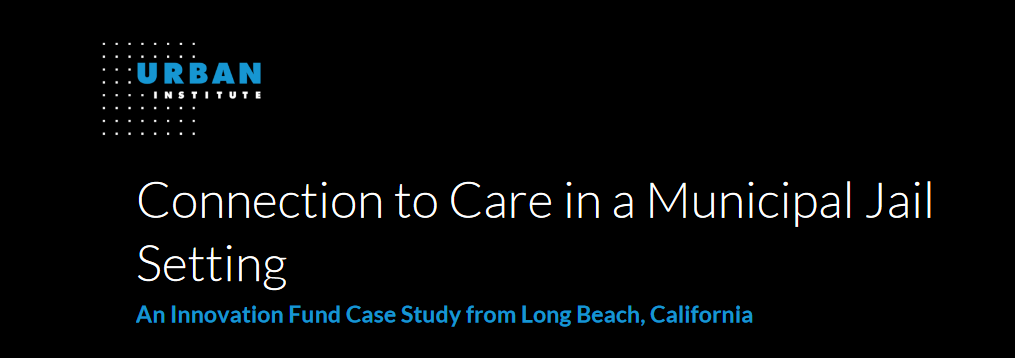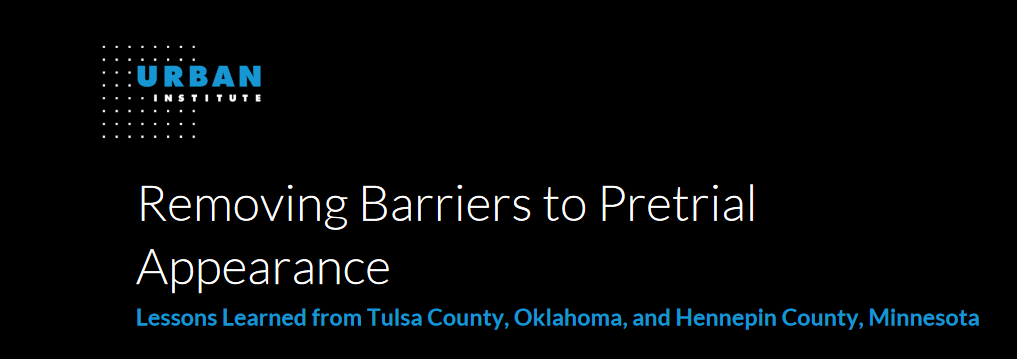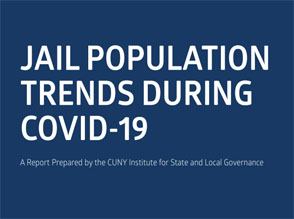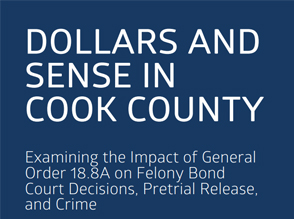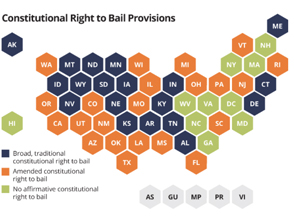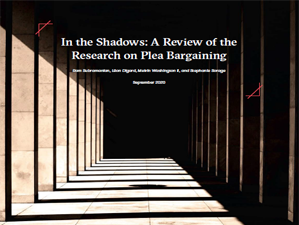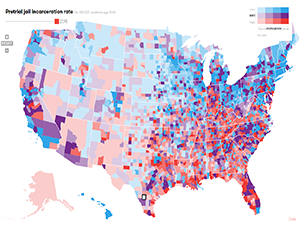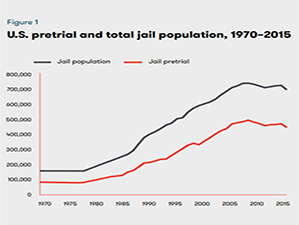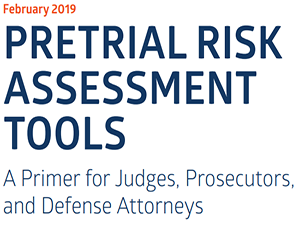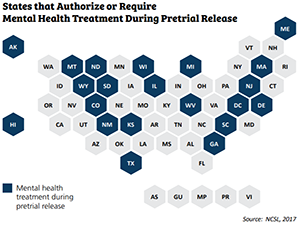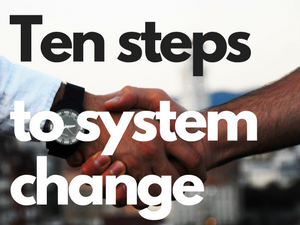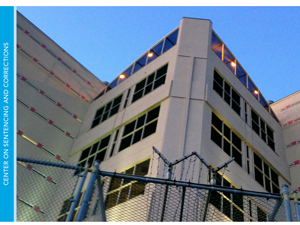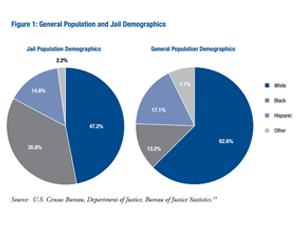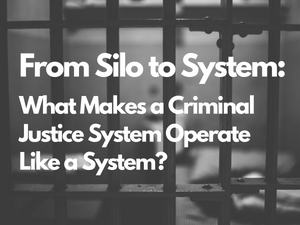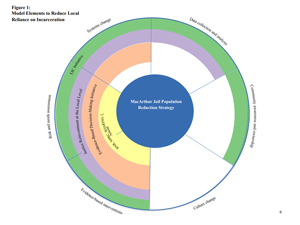About the Safety and Justice Challenge
Across the country, courts and other criminal justice partners are looking at ways to identify the drivers of over-incarceration and engage a diverse set of stakeholders to determine ways to improve local systems.
The Safety and Justice Challenge (SJC) provides support to local leaders from across the country as they rethink jails with strategies that safely reduce jail populations and eliminate ineffective, inefficient, and unfair practices.
As a Strategic Ally to the Challenge, NCSC works with state court leaders and national judicial organizations to build awareness of this initiative and provide courts with resources and strategies they can use to improve effective use of jails and promote the need for jail reform.
The Challenge Network
Fifty-one cities and counties, across 32 states, are modeling and inspiring reform as part of the SJC. Explore the map below to learn more about who’s involved and what they’re doing.
Partners and Strategic Allies
Partners and Strategic Allies in the Safety and Justice Challenge help implement this innovative work. Partners are organizations that provide Challenge Network sites with technical assistance, data analysis, and performance measurement. Strategic Ally organizations help the initiative communicate with important stakeholder groups whose support is needed.
Resources
| Legal Frameworks Governing Pretrial Release and Detention: Tracking Developments in Oregon (2023) |
We first set forth the relevant provisions of Oregon’s State Constitution regarding pretrial detention, and then set forth and describe the Chief Justice’s Order and relevant Oregon statutory provisions that define the Pretrial Release and Detention Process. We next describe the continued use of Security Release, consideration of Risk of Failure to Appear, and Use of Pretrial Risk Assessment tools. We close with comments on the Early Implementation of SB 48 during the first few months that Oregon’s new pretrial detention framework has been in place.
| NCSC Trends in State Courts: Meeting the Needs of Emerging Adults in the Justice System (2022) |
Emerging adults aged 18 to 24 are developmentally distinct from fully developed adults and require different justice system responses. Court-related programs and practices for this age group should include building community collaboration, connecting emerging adults to their community, and individualizing program responses.
| Implementation of the 988 Suicide Crisis Lifeline: What Court Leaders Need to Know (July 2022) |
The promise of national 988 Suicide and Crisis Lifeline is that calls, texts, and chats that appear to involve people experiencing a mental health crisis will be triaged and connected with an appropriate response, and the ultimate goal is that those who require further intervention will be matched with an appropriate responder (such as a mobile crisis team) and other care resources. While not all communities currently have access to these services, plans are underway to build capacity across the country. The emerging mantra – someone to call, someone to respond, somewhere to go – portends the potential of 988: a continuum of appropriate response resources, from call to care. Courts have a stake in the design and implementation of 988 and should be at the table as plans are made to roll it out to communities across the country. As part of an integrated crisis intervention and diversion strategy, 988 could dramatically decrease the number of people with mental illness who are inappropriately funneled to the criminal justice system and the courts.
| Evidence-Based Court Strategies for Effective Criminal Caseflow Management (December 2021) |
Fostering efficient criminal case processing can improve the justice experience for people impacted by pretrial and sentencing decisions. Shorter case processing times can shorten pretrial detention, limit collateral consequences for people awaiting case resolution in the community, and prevent other court interventions (e.g., bench warrants) during the pretrial period. With these practices in mind, courts can work to understand local case processing impacts on people and how best to tailor their policies and practices to improve efficiency and effectiveness. This brief summarizes seven strategies for improving criminal caseflow management for court leaders.
| Legal Frameworks Governing Pretrial Release and Detention: Tracking Developments in California (October 2021) |
In 2020, the National Center for State Courts published a White Paper on Pretrial Preventive Detention. The White Paper was prepared under the guidance of a Work Group established by the Conference of Chief Justices and Conference of State Court Administrators and reviewed the use of pretrial preventive detention in five jurisdictions: District of Columbia, New Jersey, New Mexico, Arizona, and California. The paper summarized the pretrial detention provisions in the five jurisdictions and reviewed the implementation challenges that the jurisdictions had faced, and the lessons learned. This brief provides an update on developments in California since that time, as of October 2021.
| COVID-19 and Pretrial Practices: A Judicial Roundtable (October 2020)COVID-19 and Pretrial Practices: A Pretrial Executives Roundtable (November 2020) |
Advancing Pretrial Policy and Research (APPR), in partnership with the National Center for State Courts (NCSC), invited a group of state court judges and a group of pretrial executives to participate in virtual Judicial and Pretrial Executives Roundtable discussions about the impact of COVID-19 on the pretrial practices in their respective jurisdictions. These two briefs summarize key points from those discussions.
| White Paper on Pretrial Preventive Detention and Appendix (February 2020) |
The leadership of the Conference of Chief Justices and Conference of State Court Administrators established the CCJ/COSCA Work Group on Preventive Detention to inform and guide the development of this White Paper by the National Center for State Courts. This White Paper examines issues raised by scholars, civil rights and pretrial justice advocates, and court leaders through an analysis of statutory or judicial authority for preventive detention in Arizona, California, the District of Columbia, New Jersey, and New Mexico. It also discusses implementation challenges and lessons learned in the four of these jurisdictions that are in various stages of implementation. The purpose of the White Paper is to provide guidance to state court leaders in leading and responding effectively to legislative actions to authorize or expand the use of preventive detention in their states, as well as in developing court rules on preventive detention that both protect the community and maximize individual liberty during the pretrial process.
| Evidence-Based Judicial Decision Making Curriculum Toolkit (February 2020) |
NCSC developed the Evidence-Based Judicial Decision Making Curriculum Toolkit in response to requests for information about pretrial and sentencing practices affecting persons facing potential local jail sentences. It is based on NCSC’s Evidence-Based Sentencing curriculum, originally developed in 2007, when the Conference of Chief Justices called for the adoption of state sentencing and corrections policies based on “evidence-based practices,” those shown through research to be effective in reducing recidivism.
The Toolkit is available here and includes the following:
- Introduction to the Toolkit: a description of the purpose of the curriculum and considerations for delivering it.
- Presentation materials: a PowerPoint slide deck with faculty notes and a complete list of references cited in the faculty notes.
- Handouts & other demonstrative materials: sample sentencing scenarios, video clips, and other supplementary materials that may be used in the delivery of the curriculum.
- Companion briefs: four companion briefs that summarize current research and best practices. The briefs address effective court responses to persons with mental disorders, persons with substance use disorders, persons charged with Driving Under the Influence (DUI), and persons charged with Domestic Violence (DV) offenses.
| State Activities to Advance Pretrial Justice Reform (January 2020) |
Between May 2016 and November 2018, with SJC support, the Conference of Chief Justices (CCJ) and Conference of State Court Administrators (COSCA) hosted a series of regional Pretrial Justice Reform Summits. This brief summarizes activities state have taken to advance reform since attending the summits.
IACP: Checklist for Obtaining Officer Support for Deflection or Pre-Arrest Diversion Programs [Access Here]

Justice Center: The Council of State Governments - Centering and Sustaining Equity in Criminal Justice-Behavioral Health Initiatives [Access Here]

Cuny Institute for State & Local Governance - Updated Findings on Jail Reform, Violent Crime and the COVID-19 Pandemic [Full Report]

Cuny Institute for State & Local Governance - Lowering Jail Populations Safely Before, During, and After COVID-19 [Executive Summary]
Wičhóyaŋke Network: Strengthening Indigenous Communities to Eliminate Disparities in the Criminal Justice System Infographic [Access Here]
Turning Local Data into Meaningful Reforms [Full Report]
Prison Policy Initiative: Why did prison and jail populations grow in 2022 — and what comes next? [Full Report]
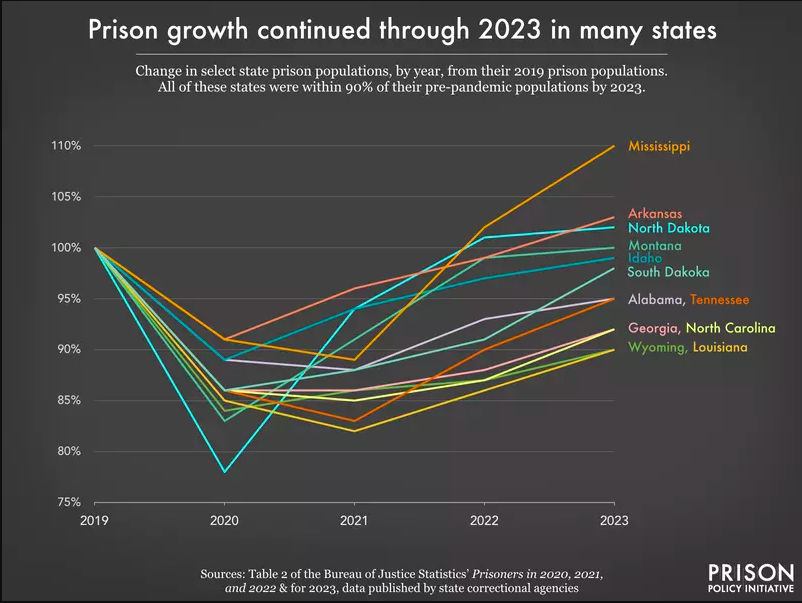
Association of Prosecuting Attorneys Prosecutorial Case Backlog Project Survey Findings Report [Full Report]
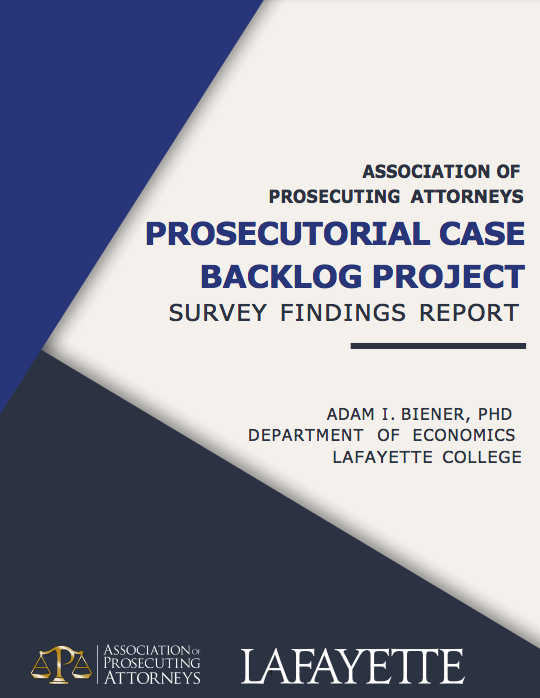
[From Our Partners] Redefining Community Safety in Three US Counties [Full Report]
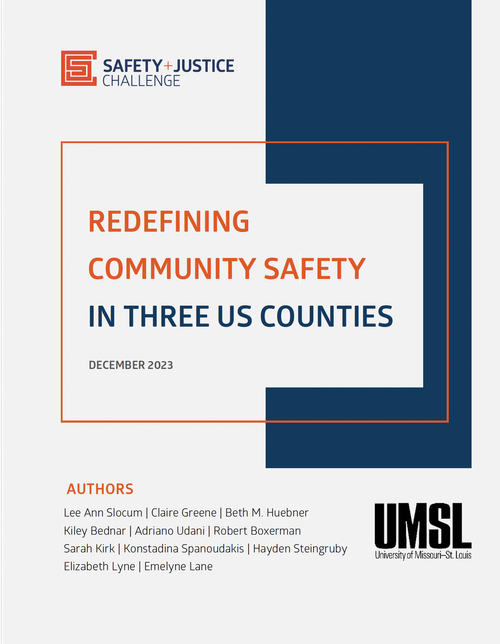
Association of Prosecuting Attorneys Policy Brief on Prosecutorial Independence [Full Report]
